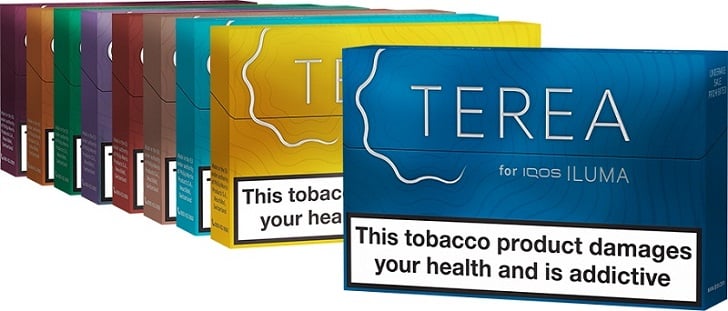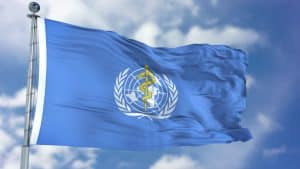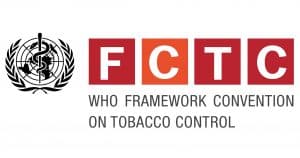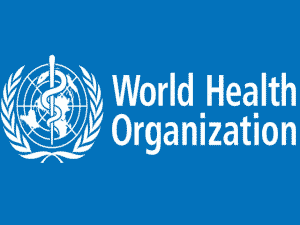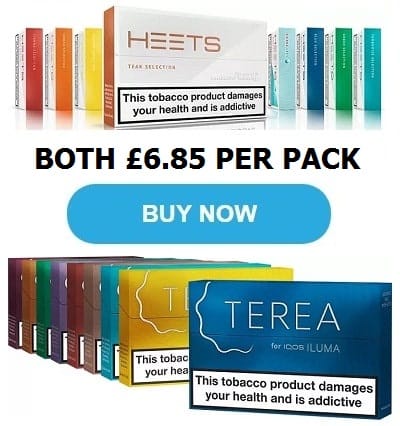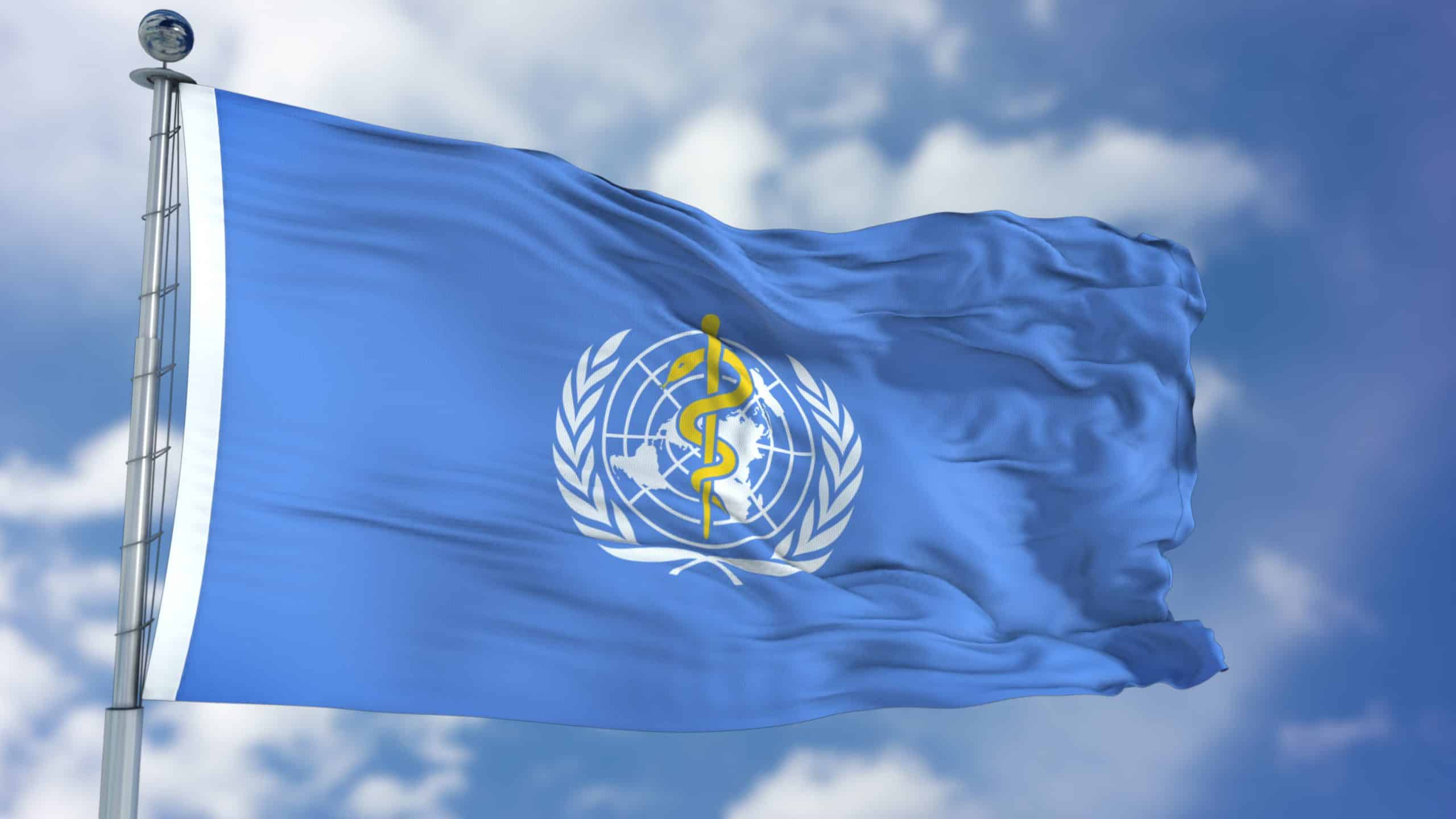
Understanding the FCTC Conference of the Parties.
The WHO Framework Convention on Tobacco Control’s (FCTC’s) 8th “Conference of the Parties” (COP8) gets underway on October 1. It is a bizarre meeting whose format results from FCTC technically being an international treaty. Thus, it theoretically requires serious formal meetings of national officials who have the authority to negotiate and make commitments on behalf of their governments. In reality, the idea of treating FCTC’s deluge of position statements and vague policy recommendations as the law of the land, as would be the case with a proper treaty, is laughable. Functionally FCTC is really just an overfunded special-interest lobbying organization, and a rather dysfunctional one. The COPs are exactly what you might expect based on that: gabfests in which delegations of unserious people (few of whom could actually commit their governments to anything) hold a cheerleading session and enshrine their flights-of-fancy in “official international treaty” documents.
The COPs are notorious for their paranoid exclusionary policies, including banning of reporters and other observers from many of their sessions. Consumers have no seat at the table, let alone industry, which FCTC declares itself to be diametric opposed to (and as a result, ironically grants industry control over their actions). Perhaps most notoriously, the international law-enforcement agency, Interpol, which plays a major role in fighting cigarette smuggling, was denied observer status because they engage in the obvious tactic of cooperating with companies that also work to stop smuggling. As much as these exclusions arouse ire, they would actually make perfect sense if FCTC were a proper treaty. Trade treaties are negotiated by states (via empowered serious officials who speak for their government, of course, not a gaggle of loons), without any direct participation by the stakeholders, and some steps in those negotiations are not possible without confidentiality. Military treaty negotiations are even more secretive, and ISIS and the Taliban are obviously not allowed to observe the meetings.

Paper policemen.
The problem is that FCTC is a treaty in name only, and the COPs do not resemble negotiations about a treaty. They feel like what they really are: political rallies. When a political rally excludes the press and stakeholder observers, we immediately suspect that they are up to something nefarious, which is certainly true in this case. Moreover, WHO’s rhetoric about why FCTC exists is that the “treaty” is designed to improve population health. That goal would be best served by including the actual stakeholders (consumers and industry), rather than having a group of non-stakeholders engage in uninformed discussions about top-down approaches. But health has become a mere pretense for the FCTC, and this was already true before the “treaty implementation”.
Instead of having a nuanced and complicated humanitarian goal, like improving health, the participants live in a fantasy world in which they are protagonists in a simplistic modern-style fairy-tale (think: Star Wars). They are at war against evil, facing an a enemy (a fictitious monolithic construct they call The Industry) with no discernible motivation other than to do evil. This means there is no room for mutually beneficial arrangements and no possible strategy other than total war (see above link for more of my analysis on that point). As a result, they act as if COP chattering sessions are a secret military conference, not realizing that it is they who are playing the role of The Empire, the Taliban, or ISIS (which, incidentally, was praised by some people who will be at COP8 for its anti-tobacco policies).
Has it ever been about health?
If FCTC were really about health, they would embrace low-risk alternatives to smoking. As anyone familiar with tobacco control knows, they do not. FCTC documents devote at least as much attention to attacking low-risk products as they do cigarettes. Much of the rhetoric targeting low risk products these days is about flavors and other features that supposedly attract young never-smokers. One might have some optimism about what COP8 will say about heat-not-burn based on this. HnB products are plain-old-cigarette flavored, are not sleek and sexy, and their use is not much easier to conceal from parents and teachers than regular cigarettes. They seem like the dream product for someone who genuinely wants to help smokers lower their risks without attracting many new young users.
The problem is that the focus on flavors and such is mostly just hollow rhetoric. A large portion of participants at COP8 are anti-tobacco extremists, a term I coined as follows: If someone had the choice between magically eliminating the harm from tobacco products, such that people could still enjoy all the benefits without health risk, or magically eliminating all tobacco products from existence, they would choose the latter. A substantial fraction of tobacco controllers would prefer to deny people the pleasure of tobacco use, regardless of whether there is health risk. Combine this with the fairytale opposition to “The Industry” (HnB being entirely a product of that great evil empire, “Big Tobacco”), and there is little hope for good news.
A few good men (or women.)
Of course, there will be non-extremists at COP8. There will be participants who really care about health, and even a few who actually care about people’s happiness. There will be those who understand how the world really works and recognize that their policies need to be realistic and will be useful only if there is stakeholder buy-in. But here is where the dysfunctional governance structure of FCTC comes into play. A real treaty negotiation would offer some possibility that the humanitarians and realists would prevail. Indeed, if delegations were comprised of real diplomats and other serious officials, there would at least be a bias in favor of realism. But instead the COPs function more like a student organization with a “there are no bad ideas” policy. It is a recipe for kakocracy, with the most extreme crazy people defining the agenda and policy positions. It might be that a majority of the “voting delegates” (again, since none of this is genuine public policy, neither membership nor voting really matters much) might think an extremist proposal is unrealistic or even loony, but they will not bother to vote against it, let alone speak out. What would be the point? In addition, they are (realistically) worried about being excommunicated from the club and losing access to the endless gravy train if they oppose extremist positions. Those with enough integrity to resist that pressure have already been excommunicated.
Anti-everything.
Thus, it is a safe bet that the “official” statements coming out of COP8 will be anti-HnB, anti-vape, and anti-snus. They will also find a little time to be anti-smoking, though worrying about smoking is just so 2005. Less snarkily, there is really not much for them to say about smoking that they have not already said. If FCTC were really a treaty, or even a policy analysis think tank, there would be a lot new to say about anti-smoking policies, particularly analyzing the actual nuts-and-bolts details. But FCTC does not do that. They offer flyover-level statements about what policies member states should implement, but without operationalizable details or program evaluation to assess whether they work (spoiler: almost none of them have any apparent effect).
Thinking again of a student-type organization, many of us can recall an experience from our youth of creating an organization and having twenty people show up and enthusiastically debate goals, philosophy, and language for weeks. After that is finished and it is time to start on practical tasks, only three of them ever show to do any real work. That is not a perfect analogy for the COPs (everyone goes home and does something to keep their lavish salaries flowing), but it is a pretty good metaphor (what they do is usually the functional equivalent of not showing up until the next political rally).
That is actually good news. There is a good chance that COP8 will issue some extremist condemnation of HnB, but this will be almost entirely cheap talk that has little impact. In only those few countries where WHO basically controls the health ministries (e.g., India), HnB might get banned as a result of a COP8 statement. In a few others where the loons have unfettered control independent of WHO influence (e.g., Australia, Finland), the same might happen, but it will not be because of COP8. The U.S. is a wild-card due to the unfettered power and arbitrary behavior of the FDA, but is not going to be influenced by FCTC. For most of the world’s countries, however, realism and humanity will probably prevail over COP8 statements, despite the signatures on the FCTC “treaty”.
Carl V Phillips PhD is a regular contributor on Heat Not Burn UK.

